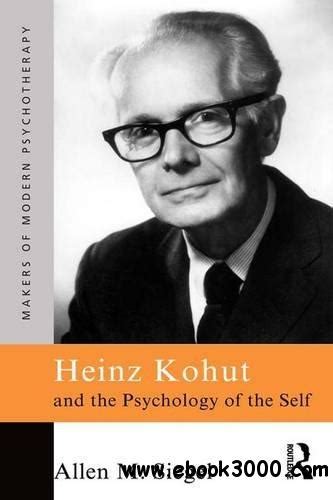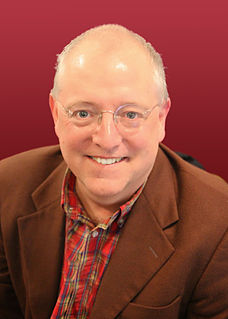A Quote by Jeffrey Kluger
Operating-room errors hold a special terror for patients, if only because they seem like the most avoidable kind of complications. The occasional horror stories of patients who have the wrong leg removed or the wrong knee replaced generate the most headlines, as do tales of patients whose identities are mixed up entirely.
Related Quotes
I am a spiritual person. I'm a Catholic. I treat my patients, the dead patients, as live patients. I believe there is life after death. And I talk to my patients. I talk to them, not loudly but quietly in my heart when I look at them. Before I do an autopsy, I must have a visual contact with the face.
If there is one lesson that I have learned during my life as an analyst, it is the lesson that what my patients tell me is likely to be true - that many times when I believed that I was right and my patients were wrong, it turned out, though often only after a prolonged search, that my rightness was superficial whereas their rightness was profound.
When I taught writing classes to psychiatric patients, I met people whose stories of manic highs and immobilizing lows appeared to be textbook descriptions of classic bipolar disorder. I met other patients who had been diagnosed with myriad disorders. No doctor seemed to agree about what they actually suffered from.
Treating only terminal cancer patients, the Rand (anti-cancer) vaccine produced objective improvement in 35% of 600 patients while another 30% demonstrated subjective improvement. FDA stopped the vaccine's use in a federal court hearing where neither the cancer patients nor their doctors were allowed to testify.
The rhythm of music is very, very important for people with Parkinson's. But it's also very important with other sorts of patients, such as patients with Tourette's syndrome. Music helps them bring their impulses and tics under control. There is even a whole percussion orchestra made up exclusively of Tourette's patients.
The USDHEW calculates that 7% of all patients suffer compensable injuries while hospitalized .....One out of every five patients admitted to a typical research hospital acquires an iatrogenic (Caused by the treatment process) disease, one case in thirty leading to death. Half of these episodes result from complications of drug therapy; amazingly, one in ten come from diagnostic procedures.






































